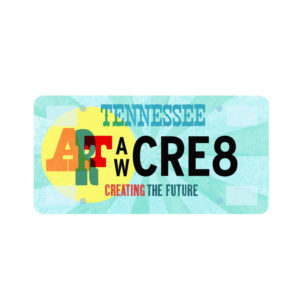SELECTS: CURATED BY PAM MARLENE TAYLOR
JAN. 07, 2020
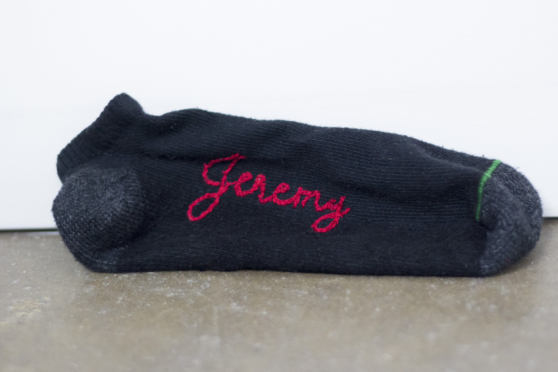
SELECTS: CURATED BY PAM MARLENE TAYLOR
JAN. 07, 2020
Curatorial Statement:
"Many of us are taught as children to avoid “airing out dirty laundry.” Starting with the secrets collected about our families, we are carefully instructed what can and cannot be shared. As we grow older, we are taught first-hand the negative impact of dirty laundry being aired, the first time a friend breaks our trust or we break theirs, the importance of secret keeping is established. In adulthood we learn that dirty laundry has a line, one that is drawn somewhere between an embarrassing anecdote and a dangerous pattern, hidden between past failure or a future intent to harm. In a post #metoo world, the decision to keep or to tell a secret no longer resides with the “grown-ups,” because now we are the grown-ups.
In Dirty Laundry, four Tennessee artists have been selected from the Locate Arts Artist Registry whose work directly relates to this challenging subject. Each using the visual symbols of laundry to present their concepts, their works vary from the cleanliness of the detergent bottle to the shame of dirty wash water. Behind each artist’s work is a thread leading to the women behind the laundry, the expectations placed on them, and the decision they must make."
— Pam Marlene Taylor, January 2020
Dirty Laundry features work by Caroline Covington, Sophia Mason, Erica Mendoza, and Erin Tucker.
"Sophia Mason’s soft sculptural detergent All Merciful references the Old Testament verse Isaiah 1:18 “as crimson shall be like wool” suggesting that nothing is truly unforgivable. Yet, the bottle aptly warns “CAUTION: MAY BE HARMFUL IF SWALLOWED” disclosing the idea that in some cases forgiveness can do more harm than good. Only after being faced with the unforgivable do we understand the difference between forgiveness and moving on, and how they can live independently from each other, despite being continually paired together in overused phrases such as “forgive and forget.” Mason pulls colors, composition, and lines from illuminated Qur’an and text from the Bible in search of a multi-faith solution to the questions of and relationship between mercy, forgiveness, and healing. From Mason: “While religion ought to teach us how to heal and wash our laundry, sometimes it fails, burdening us with insecurities, secrets, and pain that we hide from each other and do not discuss.”
Sophia Mason, All Merciful, soft sculpture, silk, 12" x 8" x 4", 2019
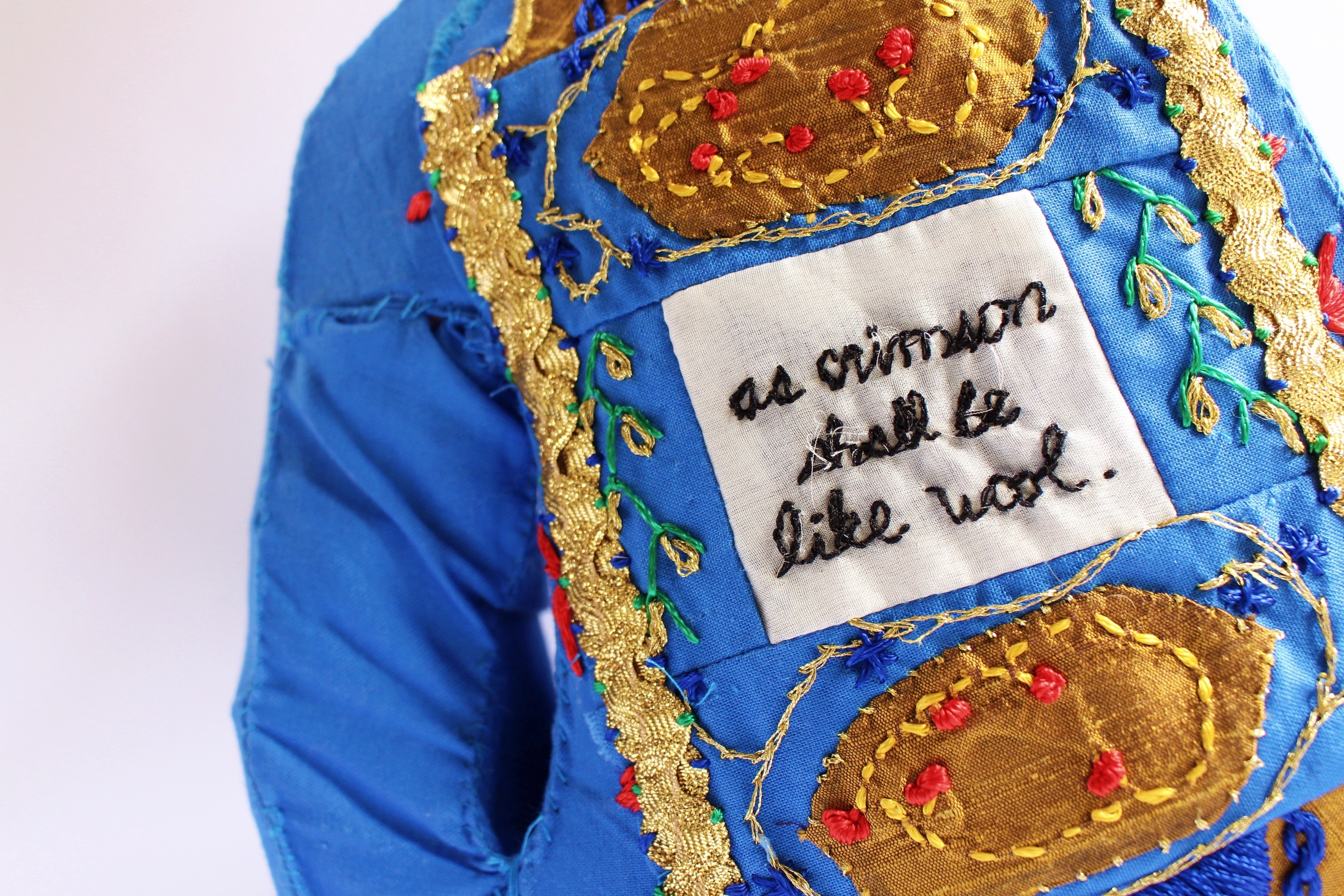
Sophia Mason, All Merciful, soft sculpture, silk, 12" x 8" x 4", 2019
"Caroline Covington’s mixed media tube socks are a part of her larger installation, Vincible. From the artist: “Vincible considers those common experiences that dramatically shift the trajectories of our lives. Despite the assortment of histories and backgrounds, we all experience a moment when we understand that our bodies are no longer invincible. Consciously or unconsciously, from that moment onward, we begin to consider the outcome of pain, or potential harm to our bodies, before making decisions.” In this piece bees have landed on the feet on an unseen figure, leaving the viewer to imagine the decision that has to be made; would you swat them away, accepting the consequences of possibly angering the bees? Or, would you do nothing, and risk the bees taking advantage of your compliance? These simplified questions echo in more threatening situations, and exhibit a risk of airing out dirty laundry: retaliation."
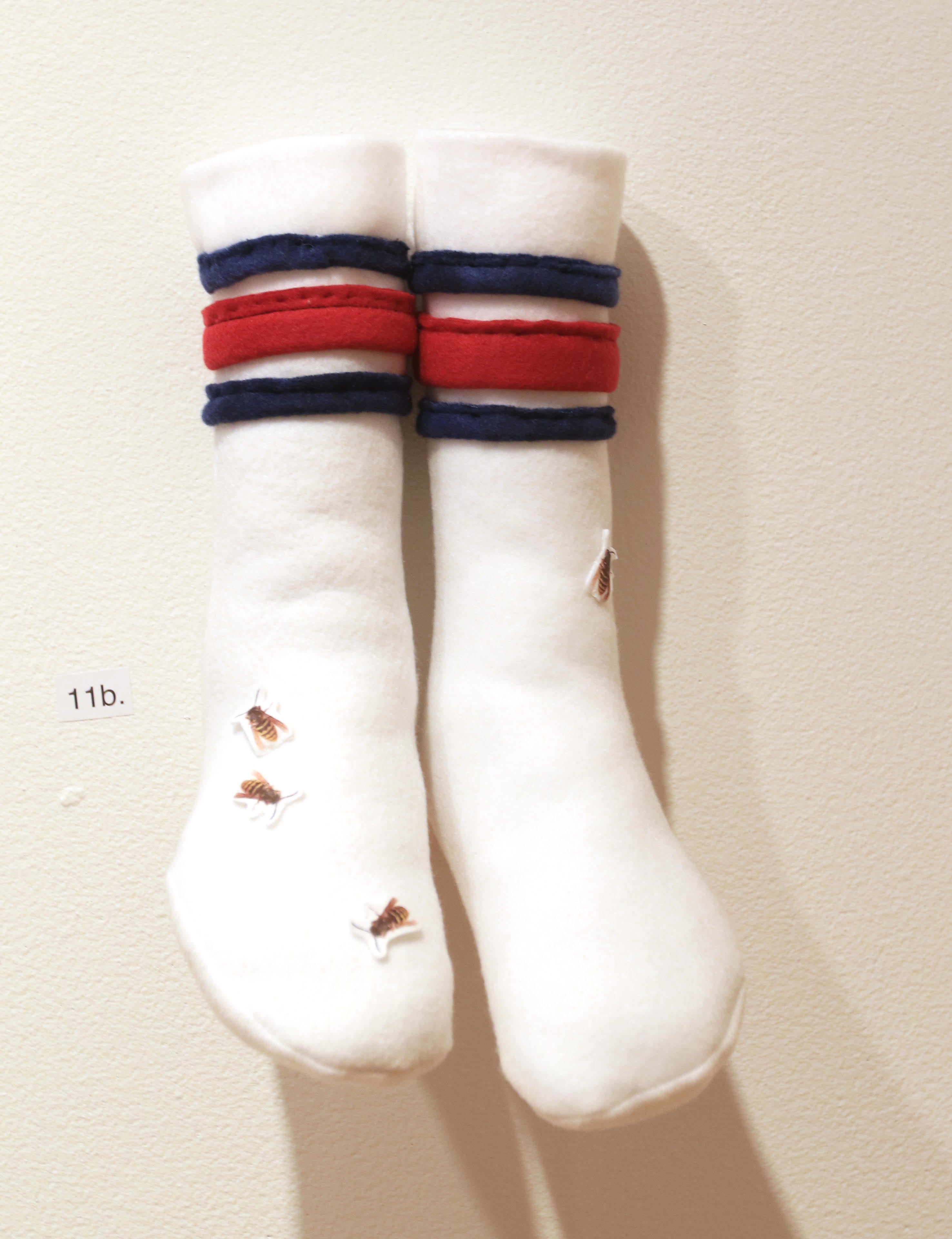
Caroline Covington, Vincible, fabric, mixed media, 20" x 6" x 8", 2015
"If not retaliation, another negative outcome can be the total denial of your claims. In #WasteHerTime2013to2017, Erica Mendoza has hand embroidered the names of ex-boyfriends on their left-behind clothing to serve as reminders, and as proof, that events happened and that what she felt was real. While creating evidence of past experiences, Mendoza is reflecting on the idea that who she is in the present is the manifestation of her reaction to those same memories. Though this work is focused on the past, it is clear the purpose is the storage of these memories rather than an obsession with them. There is no room left open in the work for being thankful for the pain that made you, rather, it is an act of cleaning up, storing what may be needed one day, and moving on."
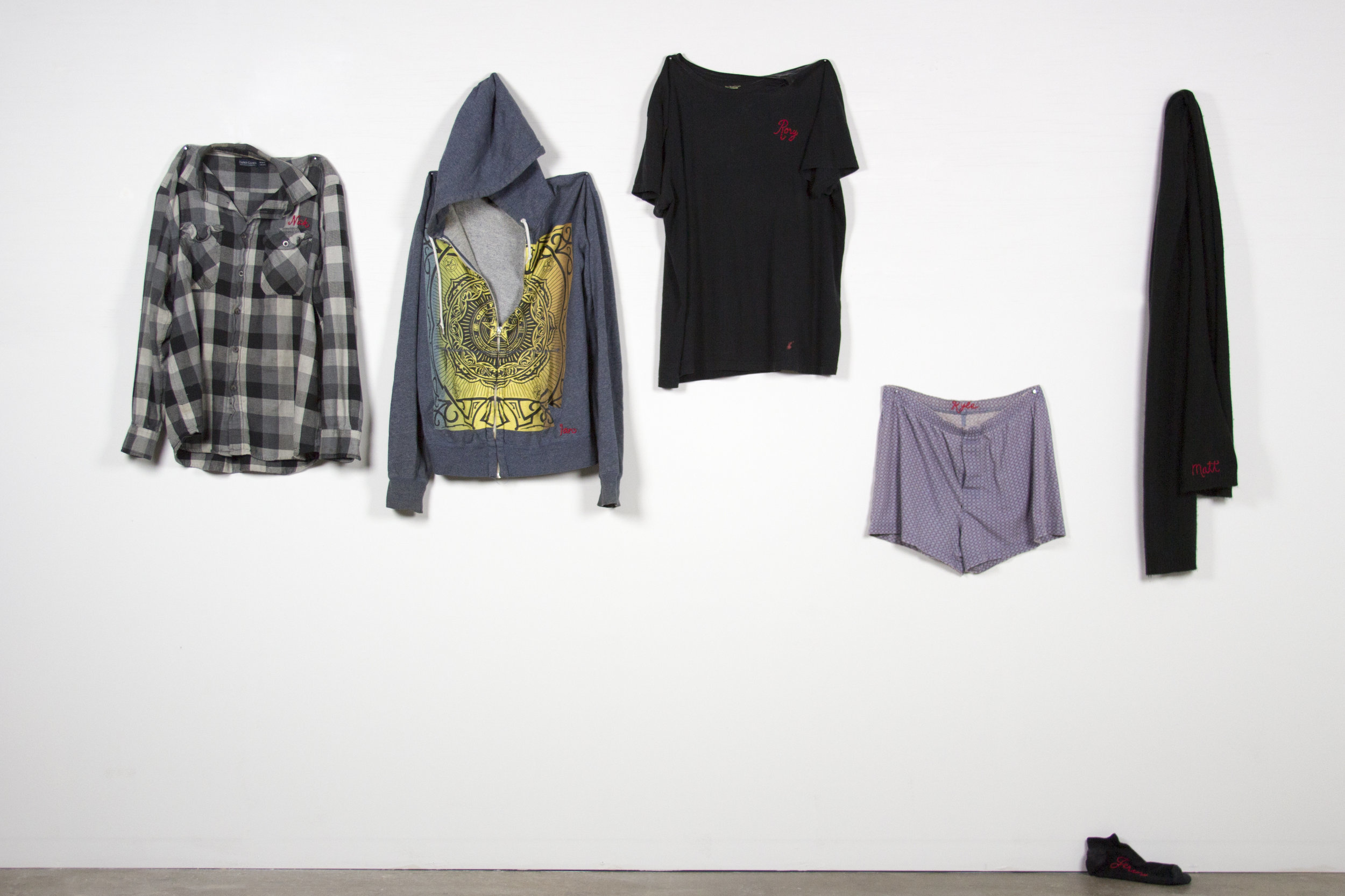
Erica Mendoza, #WasteHerTime2013to2017, hand-embroidered ex-boyfriend clothing, installation dimensions vary, 2017

Erica Mendoza, #WasteHerTime2013to2017, hand-embroidered ex-boyfriend clothing, installation dimensions vary, 2017
"In Washing by Erin Tucker, literal dirty laundry water is preserved in jars. Tucker is reflecting on the process of work, both actual housework and the internal “work” on self, and asking “What is the outcome of my labor? What are the effects on me, and on those around me? Is the end result more important that the effort that brings one there?” Focusing on and highlighting the process of physical and emotional housekeeping, the actual dirty laundry in the middle of becoming clean, rather than the end result pressed and hung, the viewer is encouraged to do the hard work without placing importance on the outcome. The paths of making the decision to report/file a complaint/air out dirty laundry will diverge in different directions based on individual priorities and needs. In Washing, we consider the importance of walking the path, regardless of the destination."
— Pam Marlene Taylor, January 2020
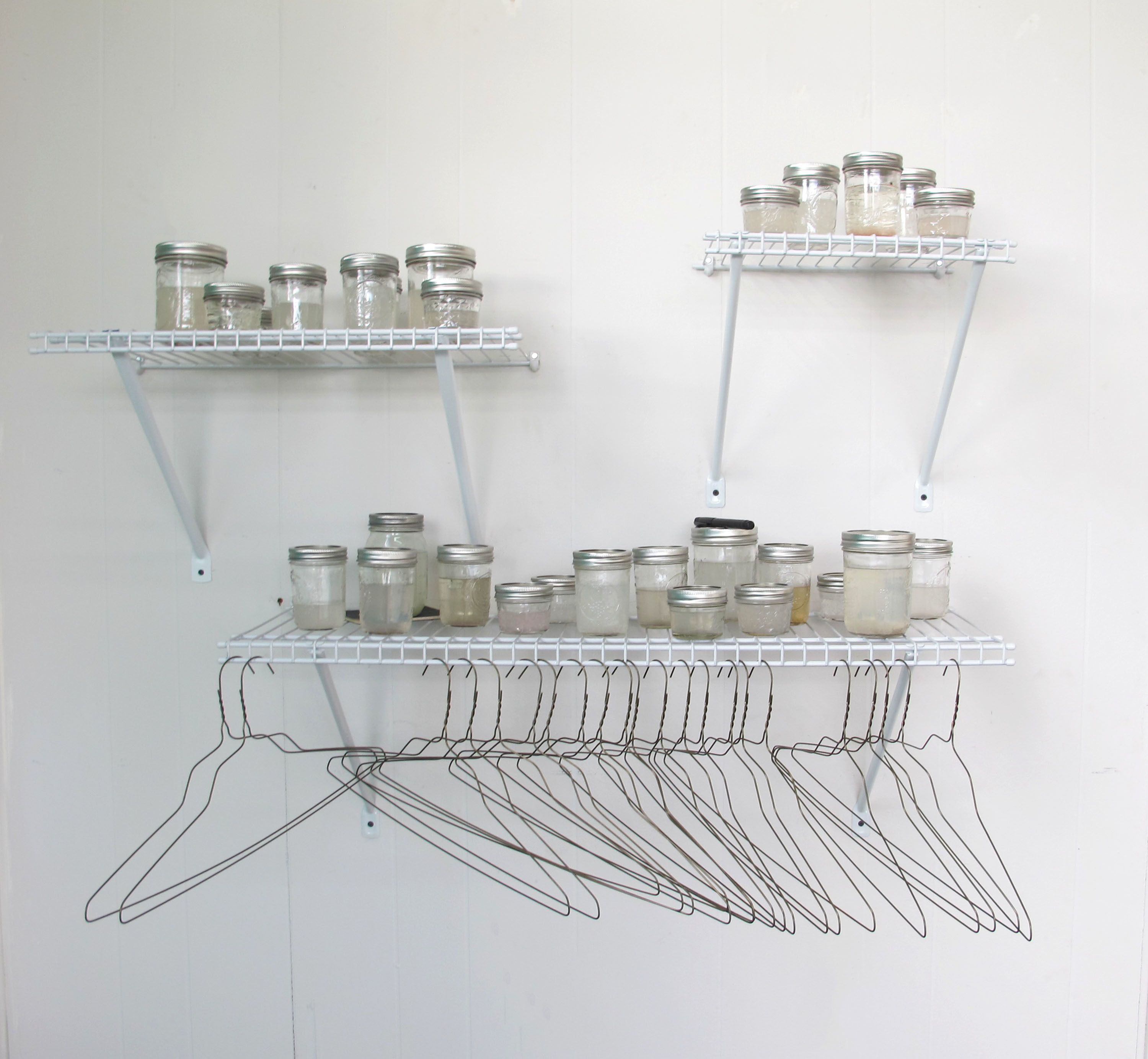
Erin Tucker, washing, laundry wash water and jars, variable, 2018
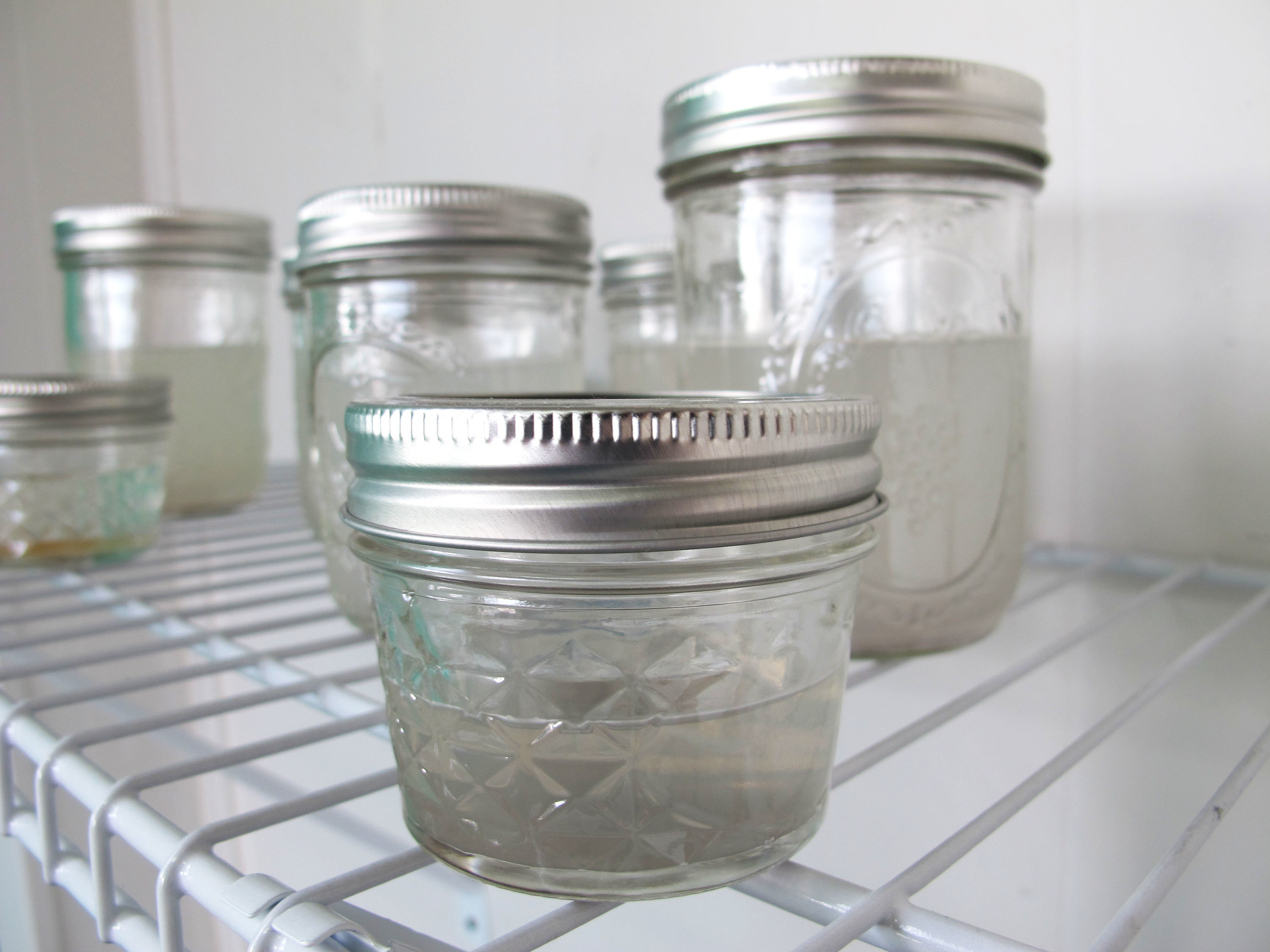
Erin Tucker, washing, laundry wash water and jars, variable, 2018
Addendum:
"Thank you for taking the time to read my curatorial statement written for the online gallery, Selects. I am honored to have the opportunity to highlight four of Tennessee’s incredible artists. If you are interested in this topic, I would like to encourage you to explore the work of Ohio-based artist, Madison Hager. Hager’s performance of Cut. Fit. Mend. is an emotional three-part exploration of the artist’s frustration with gender roles and systematic oppression through unbalanced expectations placed on women. In part one, Cut, Hager takes her actual physical anger out on a laundry basket by cutting it open with a knife. In Fit, part two, the artist attempts to pass her body through the hole she has made, scratching herself with the rough edges of the cut basket. With each attempt, she makes the hole bigger, representing her struggle to fight these gendered expectations and fit them at the same time; a tug of war between resistance and comfort. After forcing her body through the basket, the object is rendered useless for its original purpose of holding laundry, and the artist is also left useless, heavy with discomfort over destruction she has caused. Part three, Mend, in what feels like an act of apologizing, Hager weaves the hole in the basket to make it functional again. This series portrays women’s roles in the airing of dirty laundry: the unbalanced responsibility to confront an unfair world, the pain of passing through the backlash, and the burden of picking up the pieces in the end, becoming functional, and still getting the laundry done."
— Pam Marlene Taylor, January 2020
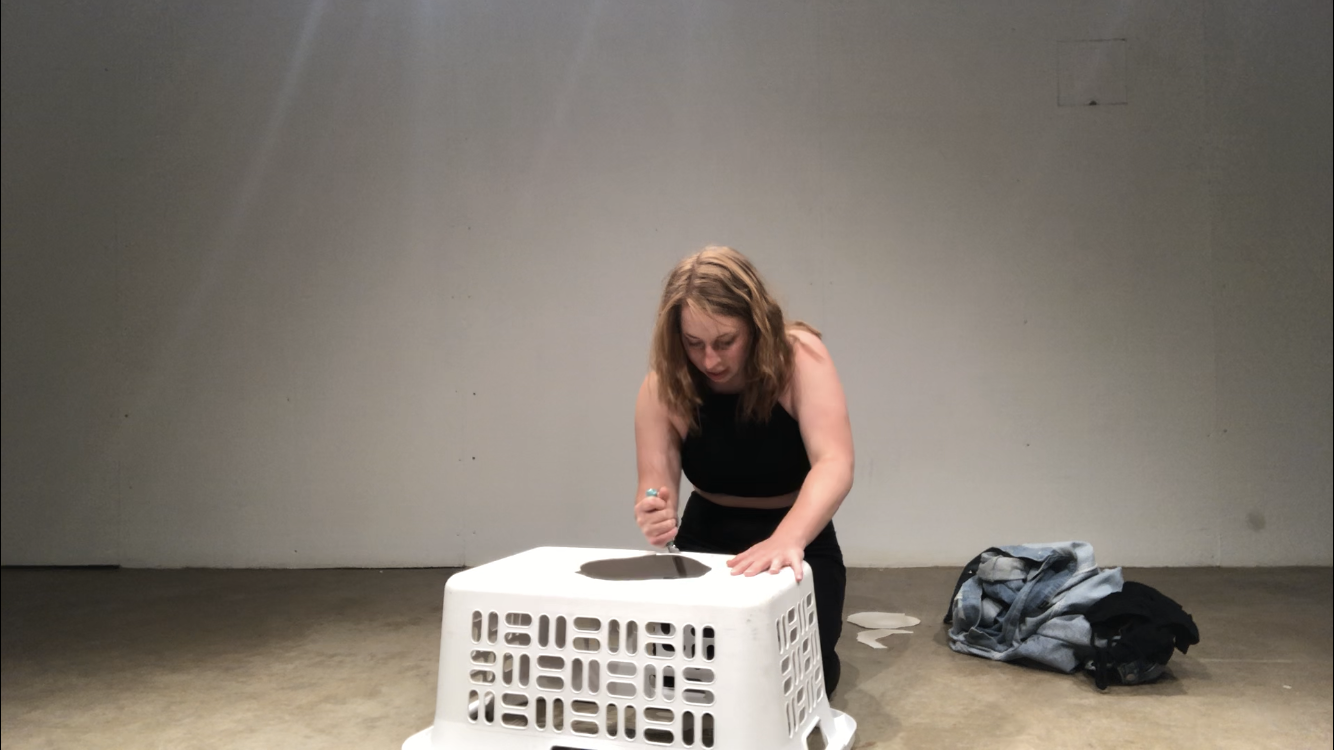
Madison Hager, Cut. Fit. Mend., performance, 2019
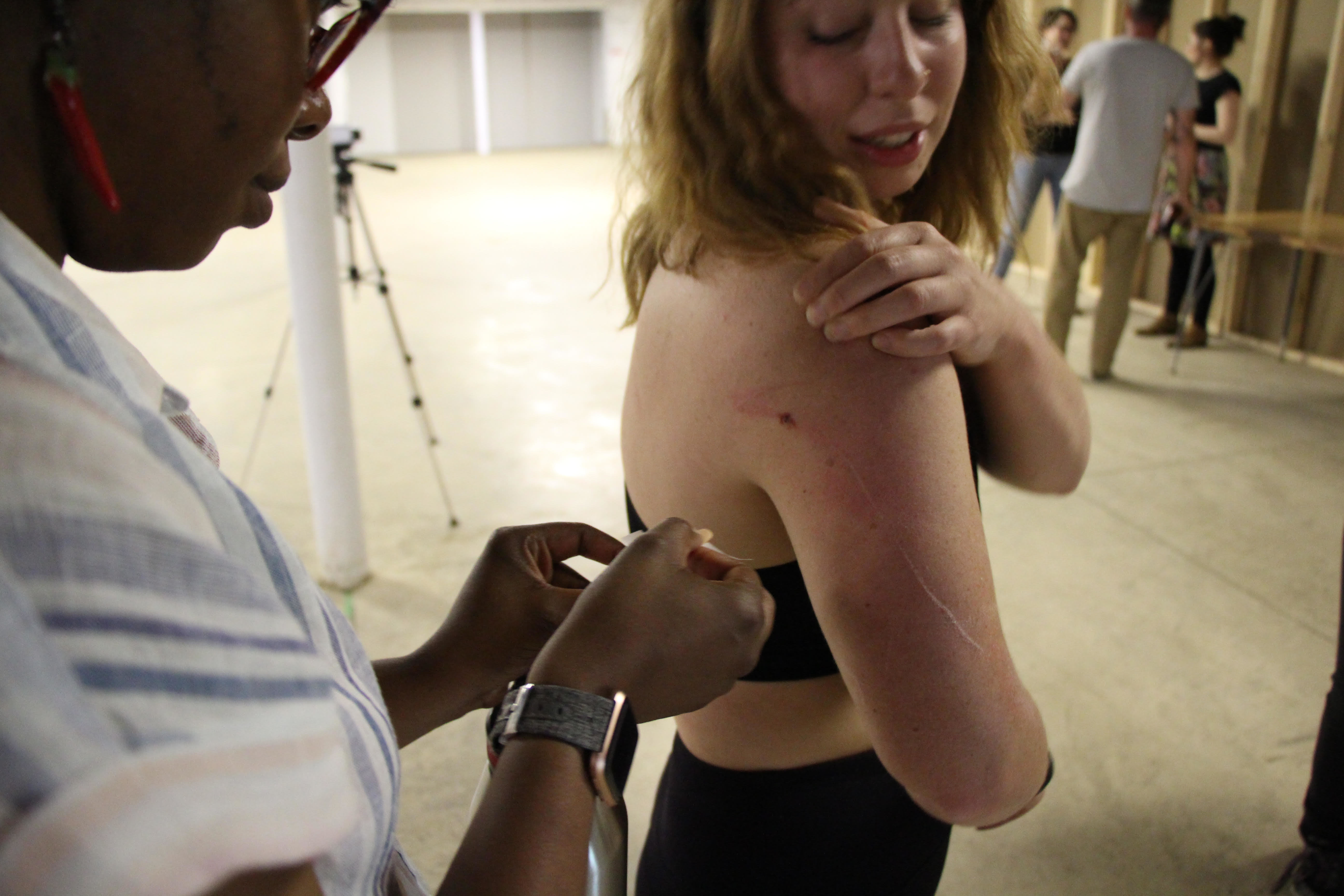
Madison Hager, Cut. Fit. Mend., performance, 2019
Curator Bio:
Pam Marlene Taylor is a fiber artist living and working in Nashville, Tennessee. She is a graduate from Tusculum University where she double majored in Studio Art and Graphic Design, with a concentration in Sculptural Welding. Pam is an independent feminist curator focusing on group shows which converse with current social issues. As an artist, she weaves on hand built looms and is represented in Tennessee by The Red Arrow Gallery. By day, she proudly wears the title of Museum Manager for 21c Museum Hotel Nashville.
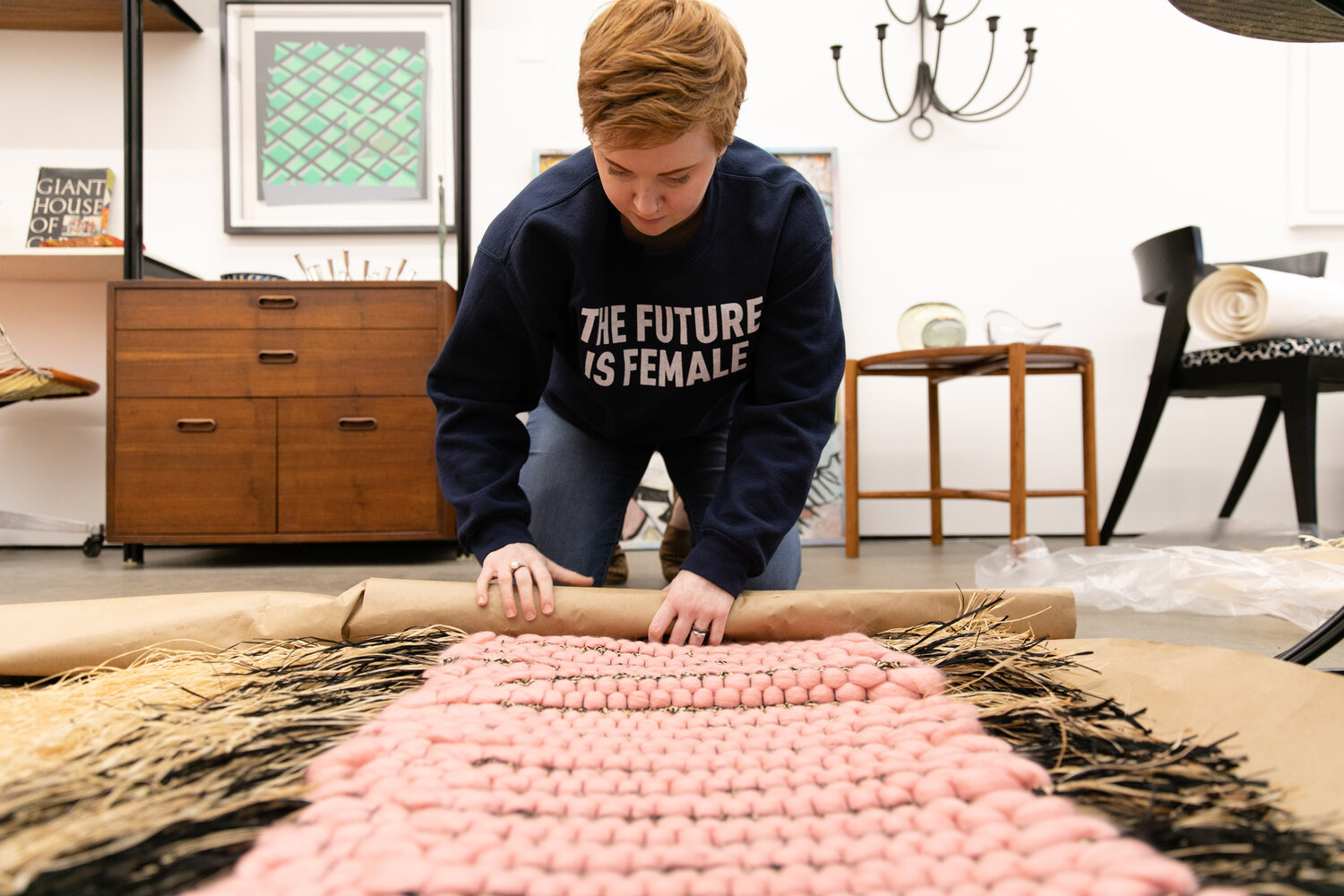
Pam Marlene Taylor
